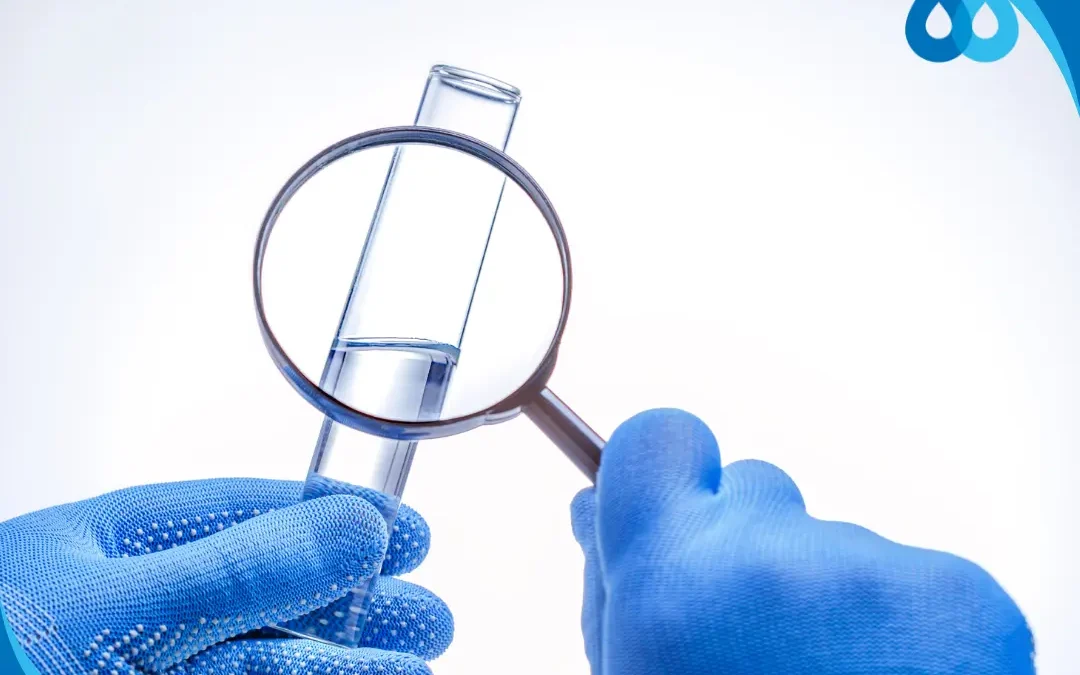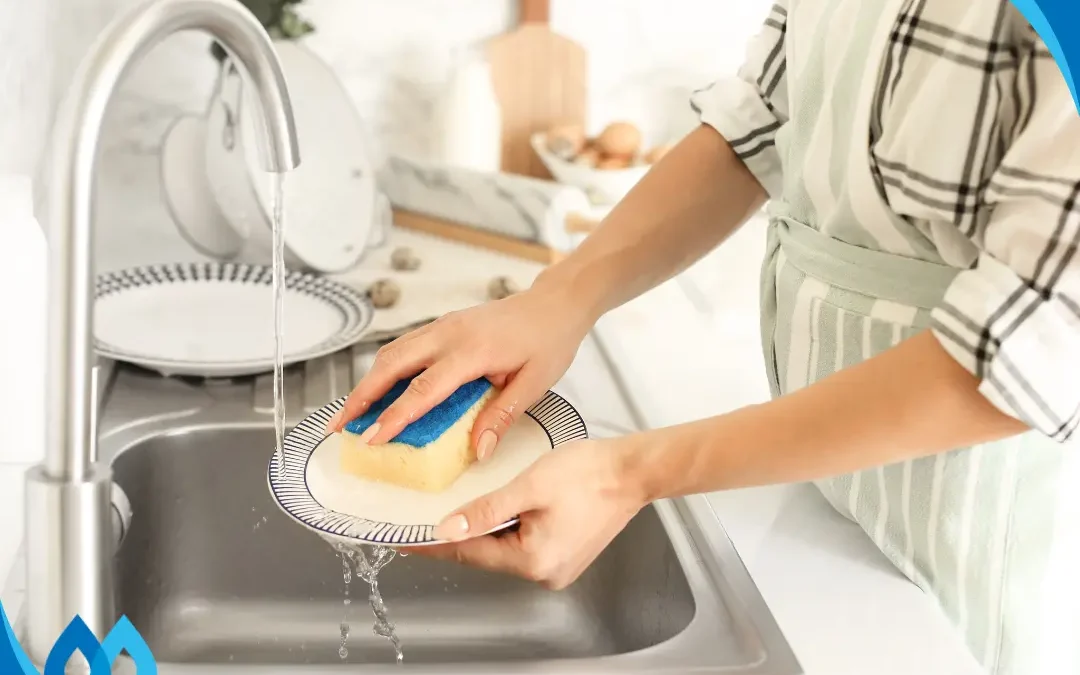If you’ve ever noticed stubborn white spots on your dishes, dry skin after a shower, or a lingering metallic taste in your tap water, you might be dealing with either hard water or high total dissolved solids (TDS). But what’s the difference between hard water and high TDS, and how do they impact your home and health? Let’s break it down.
What Is Hard Water?
Hard water is water that contains high levels of dissolved minerals, primarily calcium and magnesium. These minerals typically aren’t harmful to drink, but they can create a range of problems around your home, including:
- Appliance Damage: Mineral buildup can clog pipes, reduce water heater efficiency, and shorten the lifespan of dishwashers and washing machines. Premature appliance replacement or the need for frequent repairs can cost you extra money.
- Soap Scum and Scale: Hard water reacts with soap to form a sticky residue, making it harder to clean dishes, sinks, and shower walls. Many people use more soaps and detergents to try and get the clean they’re looking for, creating another added expense for your household budget.
- Dry Skin and Hair: The minerals in hard water strip natural oils from your skin and hair, leading to dryness, itchiness, and even worsening conditions like eczema.
How to Reduce Hard Water Problems
A water softening system is the most effective solution for hard water issues. It replaces calcium and magnesium with sodium or potassium, preventing scale buildup and improving overall water quality in your home.
You can choose to install a traditional water softener, which is great for long-term use and adding value to your home. Or, you can opt for water softener exchange tanks where soft water is regularly delivered to your door. This is an ideal option for renters or in areas where salt-based water softeners are restricted.
Learn More: How Water Softener Exchange Tanks Improve Water Quality in Your Home
What Is High TDS?
TDS stands for total dissolved solids, which refers to the combined amount of inorganic and organic substances dissolved in your water, such as minerals, salts, and metals. Unlike hard water, which is mostly calcium and magnesium, high TDS can include a variety of elements like sodium, chloride, iron, and even contaminants.
High TDS doesn’t always mean your water is unsafe, but it can cause:
- Unpleasant Taste and Odor: Water with high TDS may taste salty, metallic, or bitter, making it less enjoyable to drink.
- Staining on Surfaces: Excessive dissolved solids can leave brown or reddish stains on sinks, toilets, and laundry.
- Corrosion and Scale Formation: Some TDS elements, like iron, can corrode pipes and appliances, leading to costly repairs.
How to Manage High TDS
A reverse osmosis (RO) system is one of the best ways to reduce TDS in your drinking water. RO filtration removes excess minerals, contaminants, and unwanted tastes, leaving you with cleaner, better-tasting water.
Learn More: How Reverse Osmosis Water Can Make Your Meals and Beverages Taste Better
Hard Water vs. High TDS: Which One Do You Have?
Not sure if you have hard water, high TDS, or both? A simple water test can determine the exact composition of your water and help you choose the right treatment system.
Banish Hard Water and High TDS: Get the Best Water Quality for Your Home with RWI Water Systems
Whether you’re struggling with hard water, high TDS, or both, RWI Water Systems has the right solution for you. We offer high-quality water softeners, water softener exchange tank service, and home water filtration systems to homeowners throughout North County, CA, including Fallbrook, La Costa, Bonsall, Camp Pendleton, Oceanside, and surrounding areas.
Contact us today to schedule a water test and get expert recommendations on how to improve your home’s water quality!




